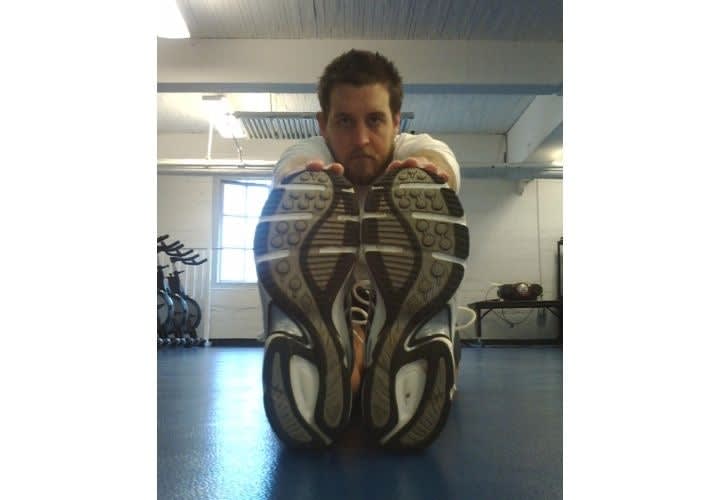I've seen this situation far too many times. Young officers graduate the academy in great shape and start their FTO program still healthy. However, within a few months they will have a pulled muscle injury. Why and how can we prevent this now?
Here is how this will probably occur. You will have a quiet shift, be out on patrol for a few hours, and then the call comes in. You are young and energetic, so you get into a foot chase, bring the perpetrator under control, and make the arrest, but strain a muscle in the process. This is a common patrol injury scenario.
Due to prolonged periods of riding in a car and/or inactivity (starting to skip the gym) you begin to lose your flexibility. Then one day you are quickly placed into a dynamic situation, and your chances of injury greatly increase. A cold rainy night on patrol only further increases chances of a muscle injury.
How can you prevent this? A martial arts pal of mine recommends taking frequent stretch breaks. No, I did not say coffee breaks, snack breaks, or smoke breaks; I said stretch breaks.
Begin a routine with a regular stretch break worked into your shift. When you have to get out of the car to check a building; perform some park, walk, and talk time with the citizens; or even to go in and out of the station, take some time to stretch. Focus on the legs (especially hamstrings), a few torso rotations, lower back, and then shoulders. Only a couple of minutes are needed, and then continue to do this a few times during the shift.
I would even make this a daily ritual. Start stretching on a day off, before and after workouts, and it soon becomes a part of the daily routine. Stretching will not prevent all injuries, but will greatly decrease pulls and strains. It will improve your flexibility and make your range of motion better.
Avoid inactivity and do not become a patrol troll. Today's radio cars have wonderful climate controls and creature comforts that are apt to keep you sedentary. Checking a building or park could provide a fitness walk. Get out and move around.
Watch others and learn from them - not only professional athletes, but marital artists as well. Stretching is often more important than the workout itself. It is very important to tactical operators before a mission. They don all the equipment and wait for deployment. They stretch to stay ready and keep their minds and breathing focused. This also keeps their muscles warmed up and range of motion ready for the rigors of the operation.
For you in patrol, should you know that you are going to an arrest situation, instead of standing around yakking, go stretch. Police work is a very athletic occupation; start preparing like an athlete. Develop this quick routine and prevent injuries through planning and preparation.
Should you have an injury, report it and treat it. I would remind you of the old acronym of RICE (rest, ice, compression, and elevation). No injury is unimportant and your health and well-being are more important than you will ever know. Take good care of yourself out there.
Prevent injuries, stretch, and train hard.












